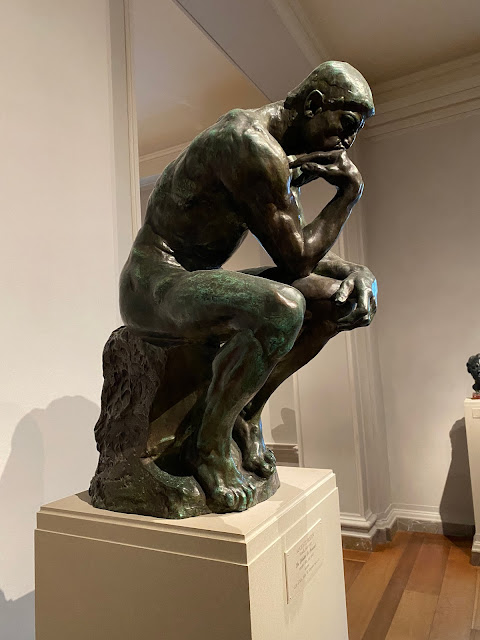Note: Devotion taken from last Sunday sermon on Matthew 26:1-13.
When Jesus understood it, he said unto them, Why trouble ye
the woman? for she hath wrought a good work upon me (Matthew 26:10).
Matthew 26 begins the passion narrative (the suffering, death,
burial, and resurrection) of the Lord Jesus Christ, the climax of each of the four
canonical Gospels.
The inspired penman describes two assemblies. In the first,
the chief priests and scribes and elders gather to plot against Christ
(26:3-5), while in the second the disciples gather in the home of Simon the
leper and Mary of Bethany anoints Christ’s head with precious ointment (26:6-7).
The disciples criticize the woman’s lavish devotion to Christ, saying, “To what
purpose is this waste?” (v. 8).
Christ responded,
however, by saying, “Why trouble ye the woman? For she hath wrought a good work
upon me” (v. 10).
He begins by rebuking
the disciples for, as he puts it, troubling this woman (v. 10a).
It reminds us of what
he said when the disciples tried to stop parents from bringing their children
to the Lord to receive his blessing. Christ had responded, “Suffer little
children, and forbid them not, to come unto me” (19:14).
Sometimes
even the disciples are prone to attempt to quench the Spirit’s moving, to
impede those who are coming to Christ, to stop those who are giving themselves
and all they have to him.
Christ
then offers a commendation of this woman’s act by saying, “for she hath wrought
[worked] a good work upon me” (v. 10b).
This
is a very Jewish or Semitic way of saying things, wherein you give emphasis to
something by repetition. So, you cry a good cry. Run a good run. Win a good
win. And you work a good work.
He
commends this woman for doing something that was very pleasing in God’s sight. It’s
a reminder that there is a place for good works in the Christian life. We’re
not saved by good works, but they do flow from us.
The commendation
seems not merely to be for pouring out the precious ointment which prefigured
the preparation of his body for burial (v. 12: “she did it for my burial”). She
is commended for giving her love and devotion, even her life to Christ. As Paul
urged the church at Rome in Romans 12:1, “I beseech you therefore, brethren, that
ye present your bodies a living sacrifice, holy, acceptable unto God, which is
your reasonable service.”
Every
believer is called upon to work a good work upon Christ by pouring out his life
for him. Some indeed will look
on with skepticism and cynicism, saying, “What a waste. How much more he might
have been. How much more she might have accomplished in life.”
But Christ says, Why trouble ye my servant? For he or she has
wrought a good work upon me.
Grace and peace, Pastor Jeff Riddle






